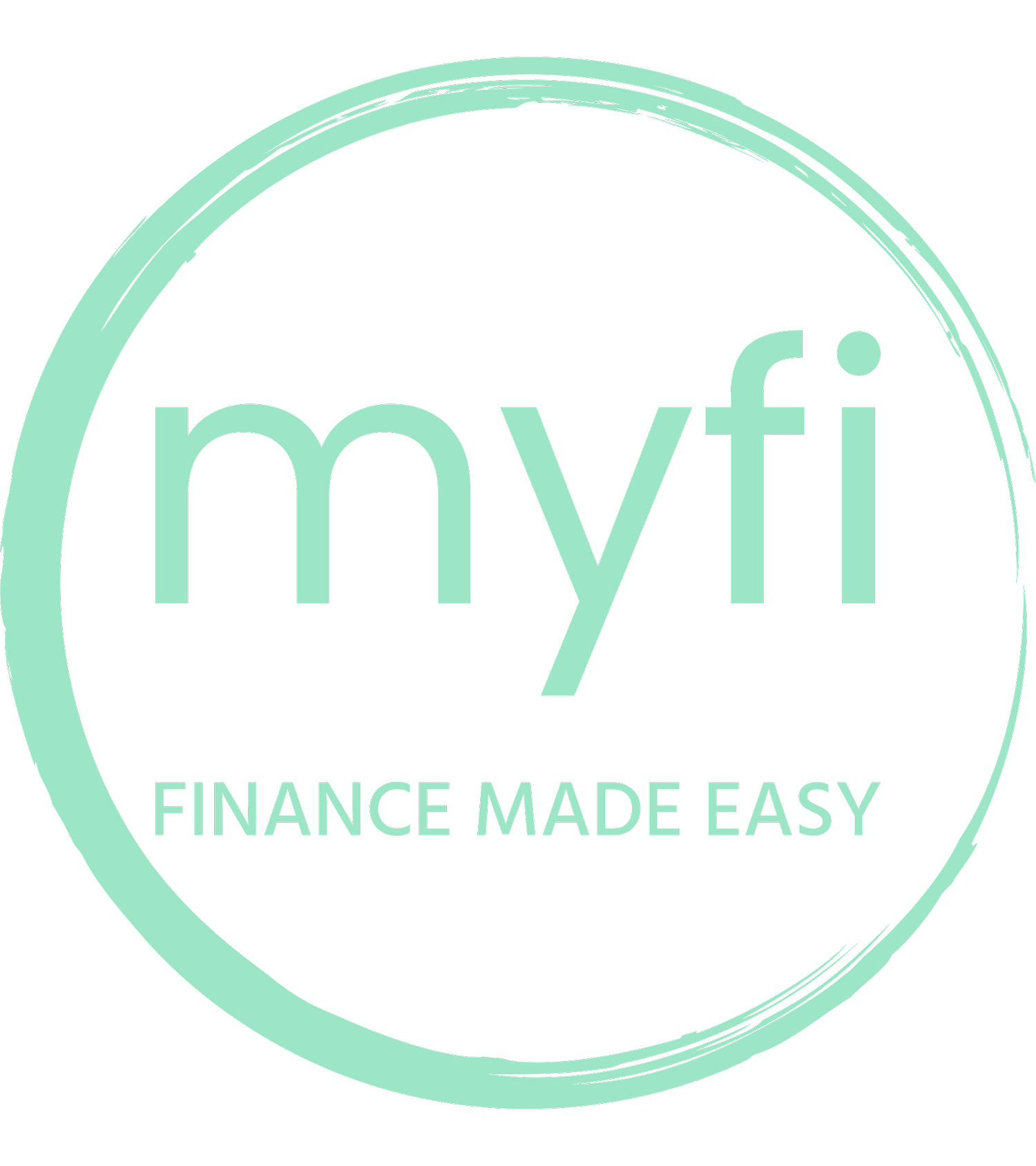Setting up as a Sole Trader
A sole trader runs their own business as an individual and is self-employed.
A sole trader keeps all their business’s profits after paying tax on them. They are personally responsible for losses made by the business. There are certain rules on running and naming a business as a sole trader.
When to set up as a sole trader
You need to set up as a sole trader if any of the following apply:
you earned more than £1,000 from self-employment between 6 April 2021 and 5 April 2022
you need to prove you’re self-employed, for example to claim Tax-Free Childcare
you want to make voluntary Class 2 National Insurance payments
How to set up as a sole trader
To set up as a sole trader, you need to tell HMRC that you pay tax through Self Assessment. You’ll need to file a tax return every year.
Your responsibilities
These include:
keeping business records
submit a Self-Assessment Tax Return each year
pay Income Tax on your profits and Class 2 & Class 4 National Insurance
VAT
If your turnover is over £85,000 you must register for VAT. You can register voluntarily if you decide it is better for your business, this is often the case if you want to reclaim VAT.
Working in construction industry
Register with HMRC for the Construction Industry Scheme (CIS) if you work in the construction industry as a subcontractor or contractor.
Naming your business
As a sole trader you can trade under a business name of your choice without the need to register the name. Or choose to trade under your own name. Your choice of trading name and business name must be included on all paperwork and invoices.
Choosing your business name
Sole trader names must not:
include ‘limited’, ‘Ltd’, ‘limited liability partnership’, ‘LLP’, ‘public limited company’ or ‘plc’
be offensive
Your name also cannot contain a ‘sensitive’ word or expression, or suggest a connection with government or local authorities, unless you get permission.
For example, to use ‘Accredited’ in your business name, you need permission from the Department for Business, Energy and Industrial Strategy (BEIS).
Here is a list of words you need permission to use, and who from.
If you choose a name or logo that’s registered as a trade mark or is already being used, the owner could take legal action against you.
myfi: accountancy and tax experts offer advice across the UK including Bedfordshire, Buckinghamshire, Cambridgeshire, Greater London, Hertfordshire & Milton Keynes. Talk to us today.
